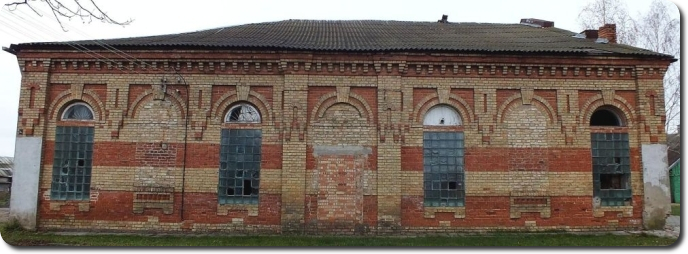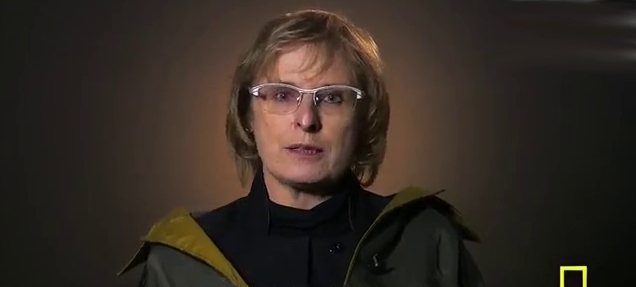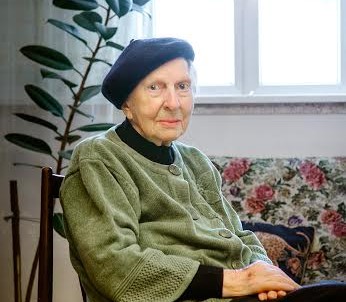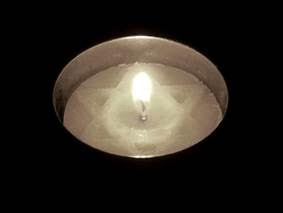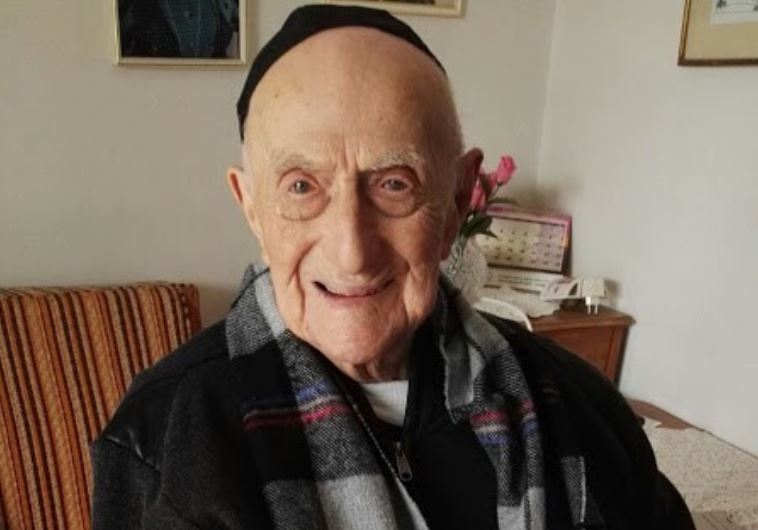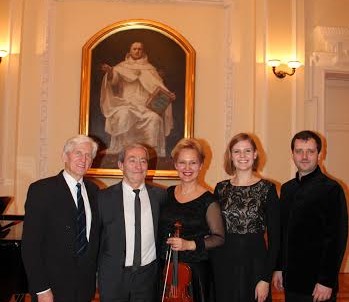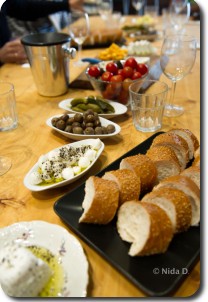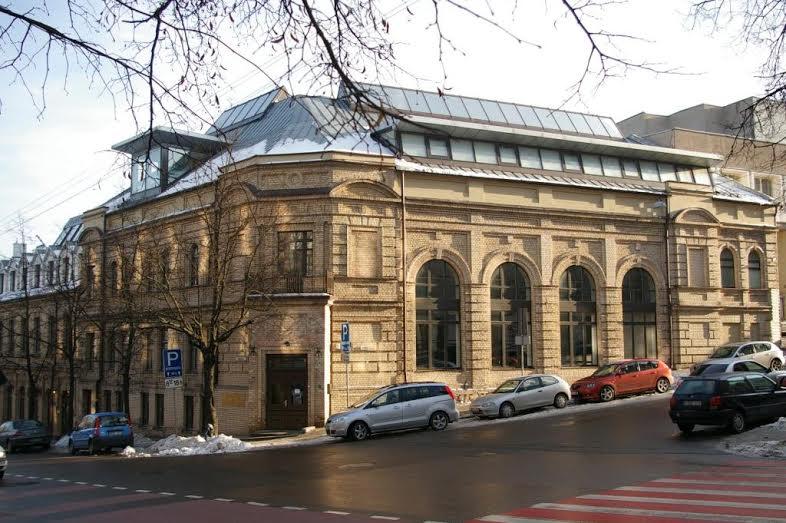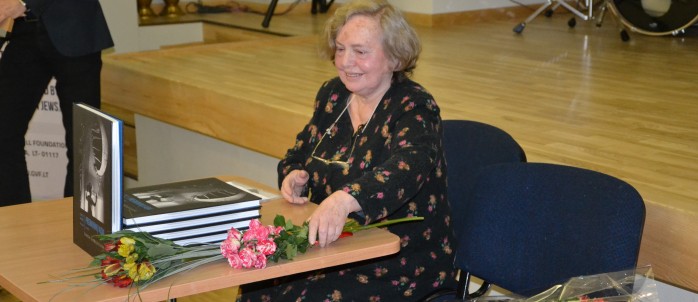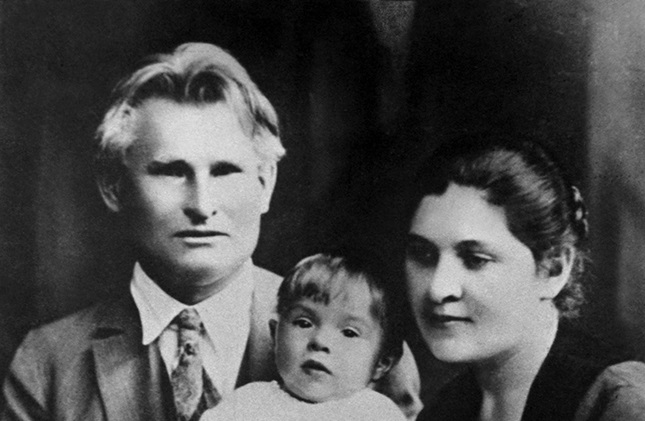
The Righteous among the Nations recognition commission at the Yad Vashem Memorial and Institute in Jerusalem has recognized interwar Lithuanian president Kazys Grinius and his wife Kristina as Righteous Gentiles based on testimony by Dmitri Gelpern, an anti-Nazi partisan.
Grinius served as prime minister of Lithuania from June of 1920 to February, 1922. He was elected president by the Lithuanian parliament in June, 1926, and served in the post until mid-December that year when he was removed in a coup d’etat by Antanas Smetona.
Grinius refused to collaborate with the Nazis and was opposed to any foreign occupation of Lithuania. He fled to the West when the Soviet army reoccupied Lithuania in 1944 and emigrated to the United States in 1947.
Deputy chairman of the Kaunas ghetto partisan organization Dmitri Gelpern gave testimony to the Spielberg Foundation that he tried to flee to the East when the Nazis attacked the Soviet Union (including Lithuania), but the Germany army caught up to him, so he had to return to Kaunas. On the way back Gelpern met Chaim Yelin and his family. Before the Kaunas ghetto was set up, the Yelin family hid with one of Gelpern’s relatives. Gelpern’s relative was a schoolmate of Kristina Griniuvienė, now Kazys Grinius’s wife. Kristina was also well acquainted with Gelpern because both were stamp collectors and they sometimes traded stamps between them. Gelpern’s relative ran into Kristina in the city one day and told the latter Dimitri was also in Kaunas. Kristina told her to pass on the message that if Dmitri Gelpern needed help, she was prepared to give it. Gelpern entered the ghetto with the rest of the city’s Jews, but decided to take Kristina Griniuvienė up on her offer after the Great Action. They welcomed him into their home and provided him his own room. Dmitri ate in common with the Grinius family. When their friends came over, the Grinius family didn’t attempt to hide Gelpern because none of their friends were anti-Semites. Gelpern stayed with them for several months, but sometimes went into town and mingled in with a column of Jews being used as slave labor to enter the ghetto. The Grinius family provided medicine to Gelpern as well and provided him with vital information.
Kaunas ghetto partisan Sarah Ginaitė recalls Gelpern spent the entire first winter of the Nazi occupation with the Grinius family, until Kazys Grinius was deported.
Kazys Grinius died in Chicago on June 4, 1950. His wife died on May 2, 1987.


